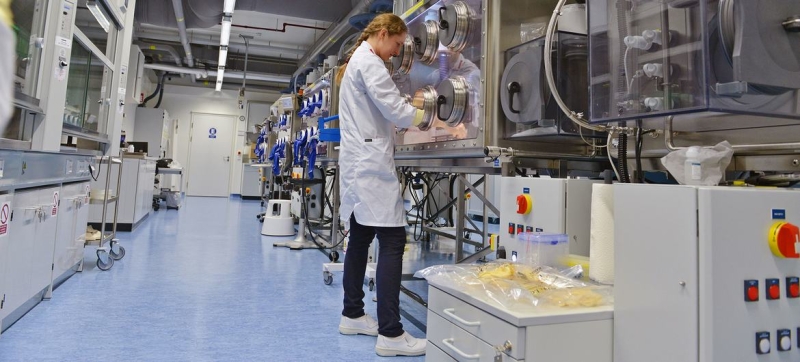- Exporters to import duty-free raw materials: NBR Chairman |
- Gaza aid flotilla activists say second boat hit by suspected drone |
- Shibir-backed candidates win top DUCSU posts with big margin |
- Female dorm Ruqayyah Hall comes up for Shibir this time |
- Bangladesh 2024, Nepal 2025: Youth Movements Force Leaders Out |
IAEA, Iran Strike Deal to Resume Nuclear Inspections

The head of the UN’s atomic energy agency announced on Wednesday that a deal had been struck with Iran to resume cooperation on inspections of Tehran’s nuclear facilities.
“Indispensable” monitoring by the International Atomic Energy Agency (IAEA) ended in June, agency chief Rafael Grossi said, when Israel- and US-backed airstrikes targeted Iran’s nuclear power installations.
At the time, the Iranian authorities confirmed that the Natanz enrichment site had been “impacted” without affecting existing radiation levels, the top IAEA diplomat said.
Practical step forward
Now, “practical modalities” have been agreed to allow the resumption of inspection activities in Iran, Mr Grossi told the agency’s board of governors in the Austrian capital. “This is an important step in the right direction,” he continued, before expressing his gratitude to Egypt for brokering the deal.
The development follows the 28 August announcement by France, Germany, and the UK of their intention to reimpose UN sanctions on Iran within 30 days, under the so-called “snapback” mechanism contained in the Iranian nuclear agreement signed in July 2015 by the five permanent members of the UN Security Council, in addition to Germany, the EU, and Iran.
Working in partnership
The new agreement – which was preceded by weeks of technical discussions in Tehran and Vienna over verification activities of “all facilities and installations in Iran” – came despite the decision by Iranian lawmakers on 25 June to suspend cooperation with the IAEA, a move approved by the country’s President one week later.
At the time, Mr Grossi noted that this domestic decision did not alter Iran’s international nuclear non-proliferation treaty (NPT) obligations.
Agreement remains in force
Earlier this week, he insisted that the NPT agreement remained in force as “the sole legally binding treaty governing the rights and obligations of the [IAEA] and Iran with respect to safeguards implementation in Iran”.
While acknowledging that his Iranian interlocutors had declared their willingness to remain part of the international non-proliferation movement, Mr Grossi noted Tehran’s “concerns”.
Nonetheless, the deal – sealed by Mr Grossi and Iranian Foreign Minister Abbas Aragchi in Cairo on Monday – “provides for a clear understanding of the procedures for inspection, notifications, and their implementation”, he insisted.
The agreement also “contemplates” reporting on all facilities targeted by Israel and the US in June “including the nuclear material present” in Iran, the IAEA chief continued.
“These practical steps… need to be implemented now,” he insisted. “There may be difficulties and issues to be resolved for sure, but we now know what we have to do and the elements at our disposal for these basic understandings to be implemented.”

